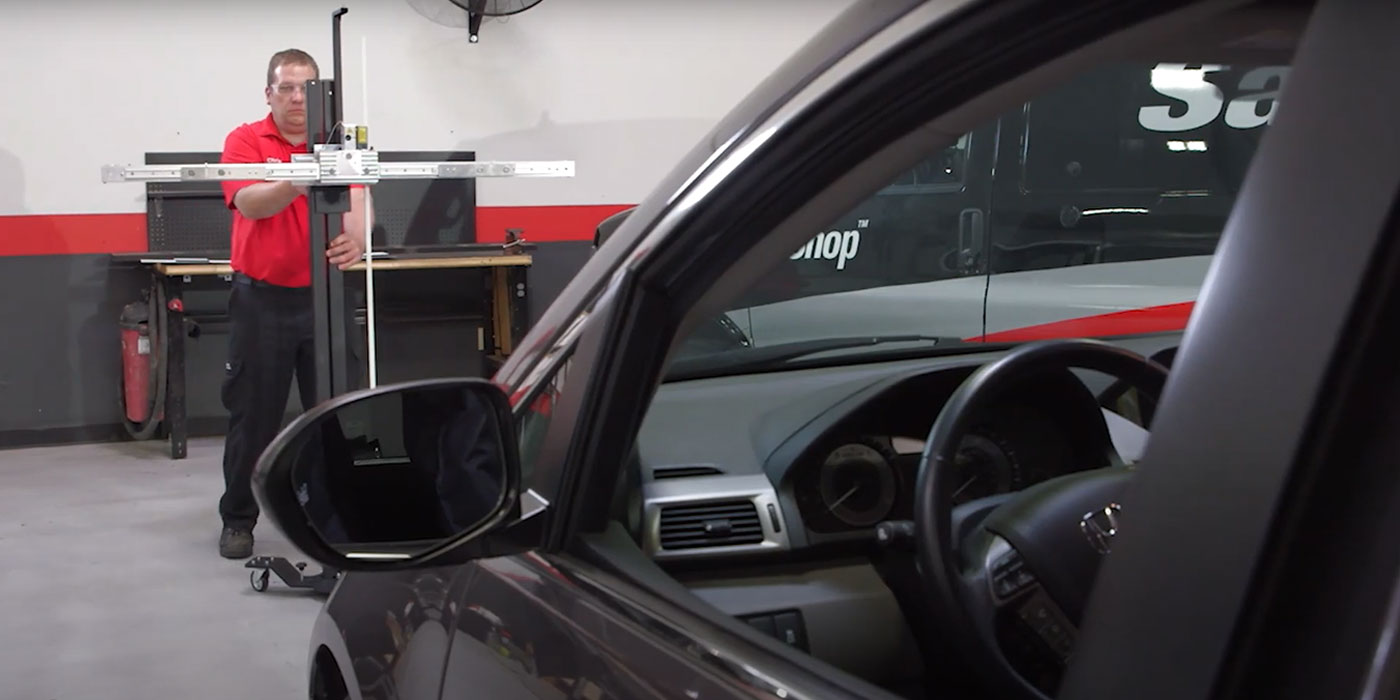Reader question: Have you ever heard of an insurer reporting a shop to the Better Business Bureau or posting negative reviews on Yelp? I’m having a problem with a particular insurer who is doing this.
During my 30 years as a manager and owner of several collision shops, I’ve experienced similar conduct by insurance claim representatives – some of whom did it on their own, while some others were directed to do so by their supervisors.
Parting Ways
In the early 1990s, I decided to part with insurers with whom I had DRP relationships. A few days after I did this, there were three separate instances where the regional manager or vice president of claims of three different insurance companies came to my shop and threatened me in front of my staff, saying that if I chose not to participate in their programs, I would be “out of business within a year.” One of them actually poked his finger into my chest, and I simply looked him in the eyes and said, “We’ll see.”
Undaunted, I continued serving my customers with high-quality repairs, parts and materials, all the while letting them know when their insurer failed to do the right things. In doing this, I had to combat many of the same false accusations repairers deal with today:
- “We have difficulties with that shop.”
- “That shop overcharges for their services.”
- “They charge for things that aren’t necessary.”
- “They charge more than other shops, and we only pay the prevailing prices.”
- “They are crooks and thieves.”
- “They are currently under investigation.”
- “They are the only ones.”
I soon found those comments to be relatively tame compared to others that arose over the years.
Unfortunately, it often seems if a shop doesn’t bend to an insurer’s mandates and chooses instead to operate independently, they will take the position of: if you’re not with us, then you’re against us. The reason for this is simple: insurers want to control the collision repair industry’s pricing and minimize their claim payouts. As such, most insurers looked at me and my shop as an enemy that needed to be eliminated.
My philosophy has always been, “What’s right is right,” and while I won’t help my customers take unfair advantage of an insurer, I won’t allow an insurer to take unfair advantage of my customers…or us. I’m all for insurers saving money to help keep insurance premiums down, just not at the expense of my customers, my company or my staff.
How Low Can They Go?
How low will some insurers stoop? Here are some real-life examples:
- After learning that a customer wanted to have us repair their vehicle, the adjuster told them that we were not on their program. Once again, our customer stated that they wanted our shop to perform the repairs. The adjuster then stated, “We have a lot of problems with that shop.” My customer then stated, “As I understand it, the choice of repairer is mine,” and the adjuster responded, “Yes, the choice is yours, but you should know that Barrett even sued his own pastor once!” My customer responded, “Son, I am Barrett’s pastor and I have never been sued by him or anyone else!” The adjuster hesitated, mumbled “Whatever” and hung up. The pastor and I had a good laugh over it, but he couldn’t believe the insurer would stoop to such a level.
- As a coach/consultant, I had a new car dealer hire us to help improve their body shop’s performance. The shop was managed by a former parts department manager who had little firsthand experience running a collision repair facility. My first task was to teach them how to prepare a more accurate repair estimate. They had been working off of insurers’ estimates and hoping for the best. I worked with them for a week or two, helping them gain a thorough understanding of the liabilities they, the dealership and the dealer principal were incurring by not following OEM specifications. Also, how to protect themselves by preparing a more thorough damage assessment and shifting any potential liabilities from them to the customer and/or insurer to better serve their customers. They were quick learners and were soon providing more thorough repair assessments and supplements. While they were providing a much better service to their customer and experienced marked improvement in their department’s performance, the insurers didn’t appreciate the collision center’s newfound knowledge and change in behavior. The claims manager then explained their concerns to the dealer’s new car sales manager and said if they didn’t go back to the way they had been conducting business, he would make sure that every claims person discouraged customers from going to their dealership. Concerned, the sales manager then went to the owner and shared this info. As a result, they cut off my services. Shortly after, the shop manager and her assistant went to work for another independent body shop. The dealer’s new collision shop manager has shown continued interest in attaining ADE’s services, and the dealership’s owner is considering it once again.
- My shop was one of the first collision centers in our state to have a web page, and one of the first to have online reviews. We took great pride in getting positive reviews from happy customers, and took negative reviews and comments seriously. Occasionally, we would get a negative review from an unidentified source and could not determine the validity of the complaint. The only thing we could do was try to determine the origin and either make it right or take steps to have it removed as unverified. We did the same with the Better Business Bureau (BBB) when we found a negative complaint. We checked our BBB rating on a monthly basis just to be sure our A+ rating wasn’t being negatively impacted. On several occasions, after immediately investigating a complaint, I learned that the only legitimate one we had in 15 years was from a customer where there was a simple misunderstanding resulting from a simple miscommunication. The issue was resolved with an apology and a free detail, the matter was listed as satisfactorily resolved and a good review resulted.
Investigating the Complaints
Over the years, we received several bogus complaints from local competitors. Also, there were several phony complaints which we believed were from claims people.
After investigating, we learned who made the false claims and sent the suspected insurer’s regional managers and vice president of claims a warning via U.S. Postal Service certified mail, return receipt requested. This was simply to notify them that an investigation into the matter had been launched, and if they or their subordinates were responsible for any false complaints and allegations, actions would be taken to prosecute and seek compensatory damages from their company. Furthermore, they were advised that they should perform their own internal investigation and remedy the situation by removing any and all false complaints, reprimanding staff and providing us with a letter of acknowledgment and apology. Not long after that, I received notice from the BBB that the negative reports had been removed. However, they were unable to name who was responsible.
These experiences helped me develop processes to avoid and remedy such situations for ADE repairer coaching/consulting clients to enable them to better serve their community without interference from those who don’t share their commitment and values.
The keys to stopping such harmful activities are:
- Be vigilant by checking your reviews on a regular basis. Don’t allow unfounded derogatory comments to linger unaddressed. Act immediately.
- Document and address any and all derogatory comments and reports.
- Make every effort to investigate to determine their source and veracity.
- Hit them head-on! If the complaint or remarks are legitimate, either resolve them as quickly possible or respond to them to neutralize their effect on your business and its reputation. If you find they’re not legitimate, document the issues and report them to the offending insurers or group you believe may be involved to let them know you’re aware of the issue and will take legal action and seek compensatory damages if necessary.
- Notify the party who posted the review and seek removal or the opportunity to post a response to the allegations or erroneous comments. Correspond with them in writing to document your concerns and allegations and efforts to resolve them.
Summary
One thing I can assure all repairers, if you choose not to hold those who harm your business accountable, there is no incentive for them to stop such behavior and they will continue to do the same…or worse. As I’ve always said, “Only when the risks begin to outweigh the rewards will behaviors change.”
Barrett Smith, AAM, is the founder and president of Auto Damage Experts Inc., which has been providing automotive inspection and expert legal services nationwide since 1997. He can be reached at (813) 657-6705 or [email protected].














